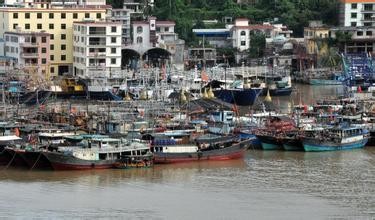Foreign fishing vessels and foreigners entering Hainan Province's waters to fish or perform surveys on fisheries resources in the area are now required to get the necessary approval from the Chinese government.
This new regulation which was approved by Hainan's provincial legislature on Nov. 29, 2013, took effect on the Jan. 1, 2014. The news drew attention after foreign media gave it special notice on Wednesday. News reports have described the new regulation as closely related to Beijing's late November announcement of its air defense identification zone which requires all foreign planes to duly inform the Chinese government of flights through the said zone that covers China's Diaoyu islands.
Chinese foreign ministry spokeswoman HuaChunying, on the other hand, said last Thursday that Hainan province's new requirement on foreign fishing vessels is just part of a normal and routine practice of any ocean state, and should not be misconstrued as an indication of Beijing's stronger position on territorial disputes as reports said.
Chen Qinghong, a Philippine studies researcher with the China Institutes of Contemporary international Relations said Hainan's new regulation is simply aimed at completing the province's fisheries regulations and systematizing law enforcement. In Chen Qinghong's opinion, the media has sensationalized the issue.
An expert on maritime law with the Chinese Academy of Social Sciences, Wang Hanling, on the other hand said the new regulation is meant to address severe violations by foreign fishing vessels and is not directed toward select countries alone. After being lax in maritime administration for numerous reasons, China is now bent on exerting greater efforts in maritime administration not just in the South China Sea but in the Yellow Sea, East China Sea and in all its other directions with its improved capability to defend its maritime resources.
Inspite of the new requirement, politics expert Joseph Cheng of the City University of Hong Kong China told the AP that Beijing may tend not to enforce the new regulation too strictly in an effort to avert increasing conflicts.


